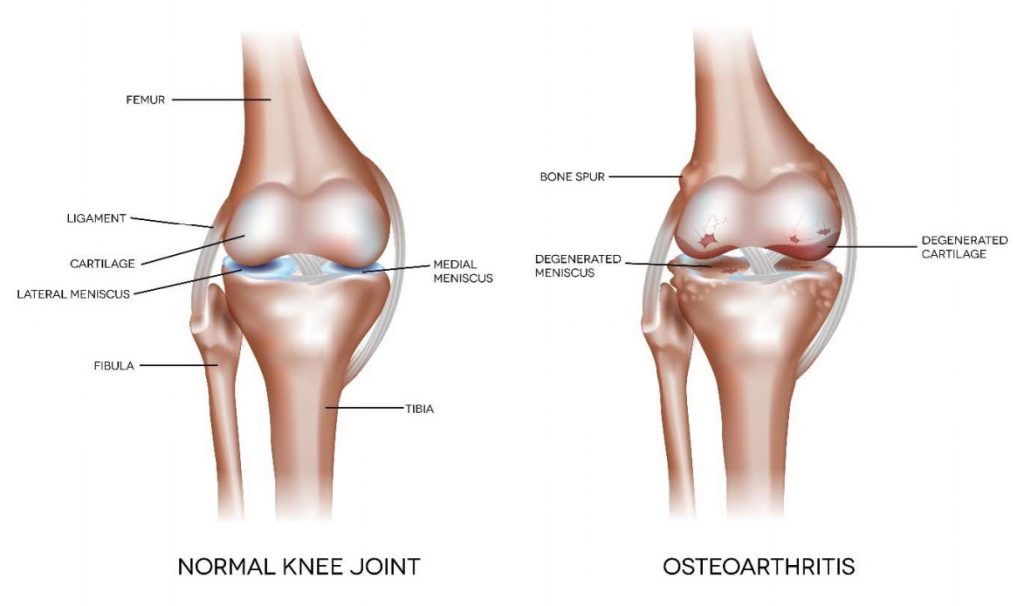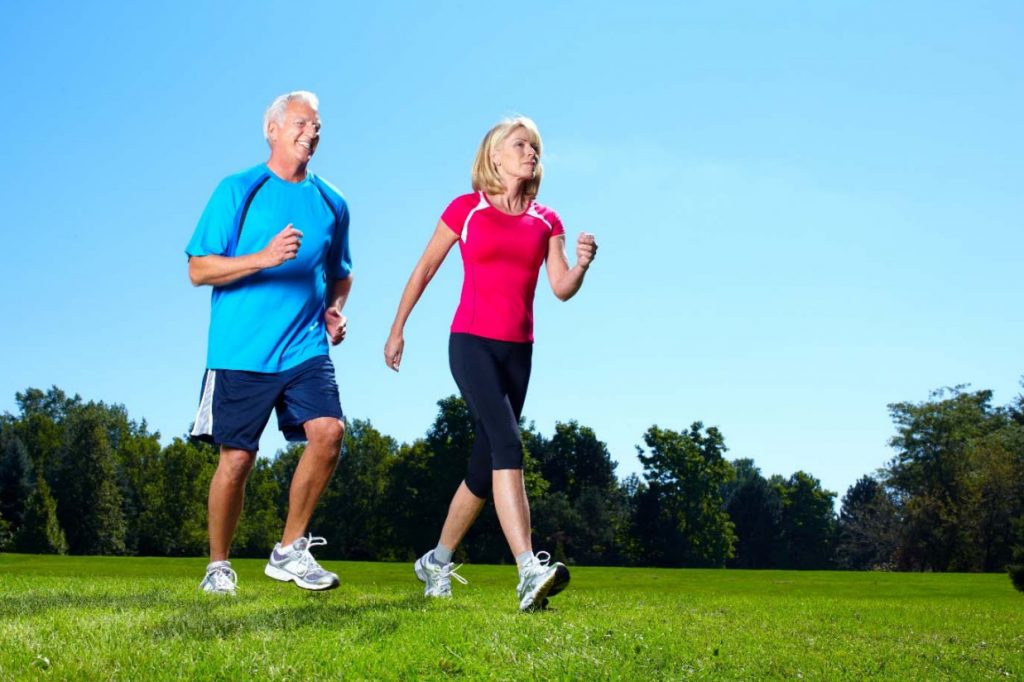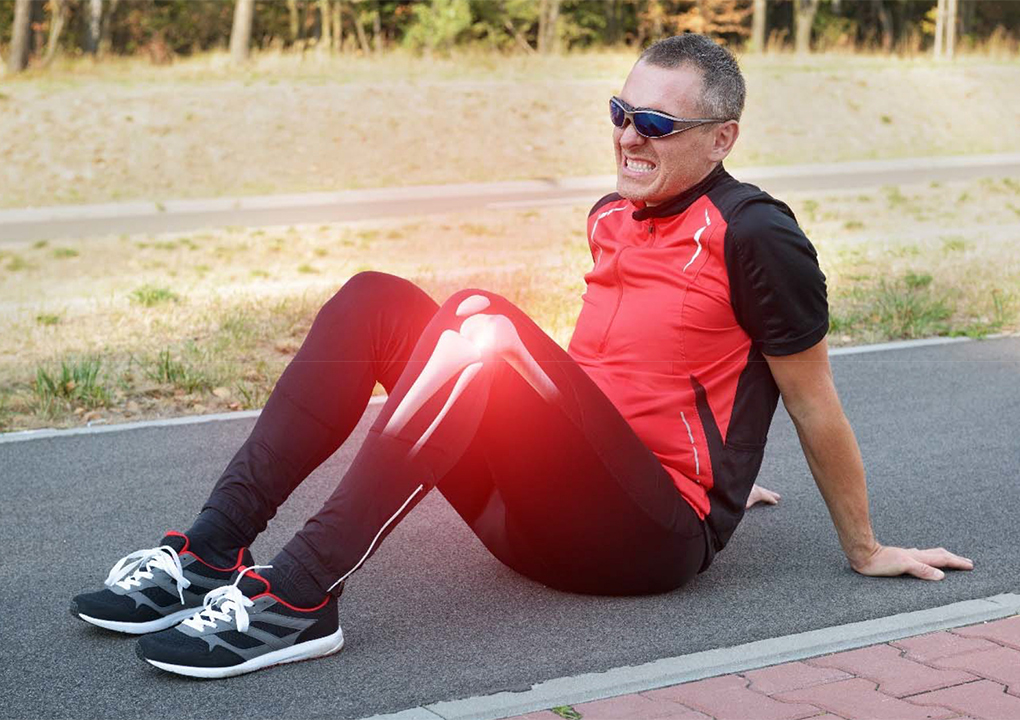“Doctor, can I still run now that I have developed osteoarthritis in the knees?” This is a common question I get when I tell my patients the “bad news” that they have arthritis in their knees. Running has become a very popular form of exercise here in Singapore in recent years. More and more people are taking up the sport, including long distance running like marathons. Runners do not like to stop running. Let us see how we can manage our running desires when we have arthritis in the knees.
Does running cause osteoarthritis in the knees?
Running, just like any form of exercise is generally good for our health. It helps to improve our blood pressure and reduce the risk of heart disease. It also helps to control obesity and boots weight loss amongst others. There is no evidence that moderate amount of running contributes to the development of arthritis in the knees. The more common causes of arthritis in the knees are due to a genetic predisposition, previous injuries to the knees and being overweight. If you have close family members such as your parents or siblings with arthritis, there is a good chance that you will too. If you have had an injury to your knee such as an ACL (anterior cruciate ligament) tear or a tear of the meniscus, the risk of developing arthritis in the knee can go up to as high as 50%. Being overweight or obese can increase the risk of developing osteoarthritis in the knees 3‐fold. In someone who is otherwise well and heathy, there is no reason to quit running and head for the swimming pool!
What is osteoarthritis?
Arthritis is inflammation in the joints. The knee is the most commonly affected joint in the body and osteoarthritis is one of the most common types of arthritis. Osteoarthritis is a degenerative condition where it happens most often in people 50yrs of age or older. It is commonly known as “wear and tear” arthritis and therefore its misconception with running as a causative factor. In osteoarthritis, the cartilage in the knee joint breaks down, causing the symptoms of:
- Pain and swelling
- Stiffness
- Deformity
- Reduction in function
OSTEOARTHRITIS

How does arthritis in the knees affect runners?
For someone who has arthritis in the knees, he or she can suffer from pain due to inflammation, stiffness and a sensation of weakness or instability. It is generally accepted that low impact activities such as swimming or walking are more suitable forms of exercise. Running is considered a “high impact” activity and is usually discouraged.
However, all is not lost! Should you suffer from milder forms of arthritis, it can be fair to “listen to your knee” and let the pain in your knee determine how much and how far you can run. Running at a pace and distance that is comfortable for your knees is important. As arthritis often waxes and wanes, many runners back off when the pain in the knee is bad and resume running when the pain improves. It is important to have on a good pair of running shoes and run on a treadmill instead of on concrete. The running track on the treadmill is designed to absorb some of the impact from the running and is therefore more forgiving to the knees. For a regular runner, it is important to change the pair of running shoes regularly. A good rule of thumb is to change a pair of shoes after 500km or at about 6 months of use.
Is running good for someone who suffers from arthritis in the knees? And can I continue running when I have arthritis?
Evidence in the medical literature indicates that with a good rehabilitative programme which combines stretching, strengthening exercises both of the lower limbs and the core muscles can enable someone with mild osteoarthritis in the knees to be able to continue with sports without significant harmful effects. Careful supervision with your doctor and the physiotherapist is important. Doing cross training type exercises such as biking and swimming in between runs are also particularly helpful. Heavy load, high impact activities is still a clear No‐ No! So, marathon running is definitely out!

It’s important to remember that every individual’s situation is different. If you have any concerns about arthritis or your joint health please see a health professional for advice and treatment specific to your needs.










